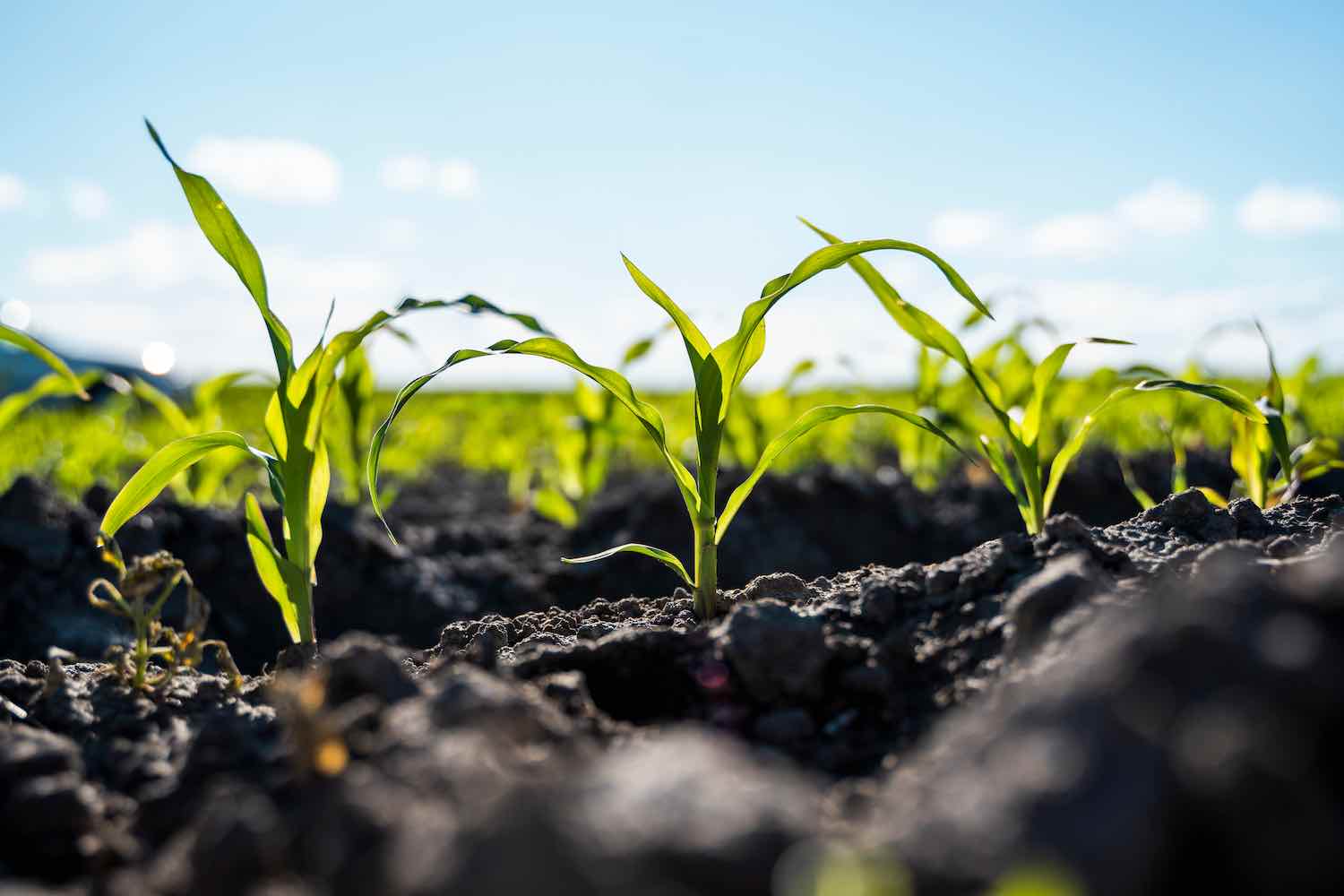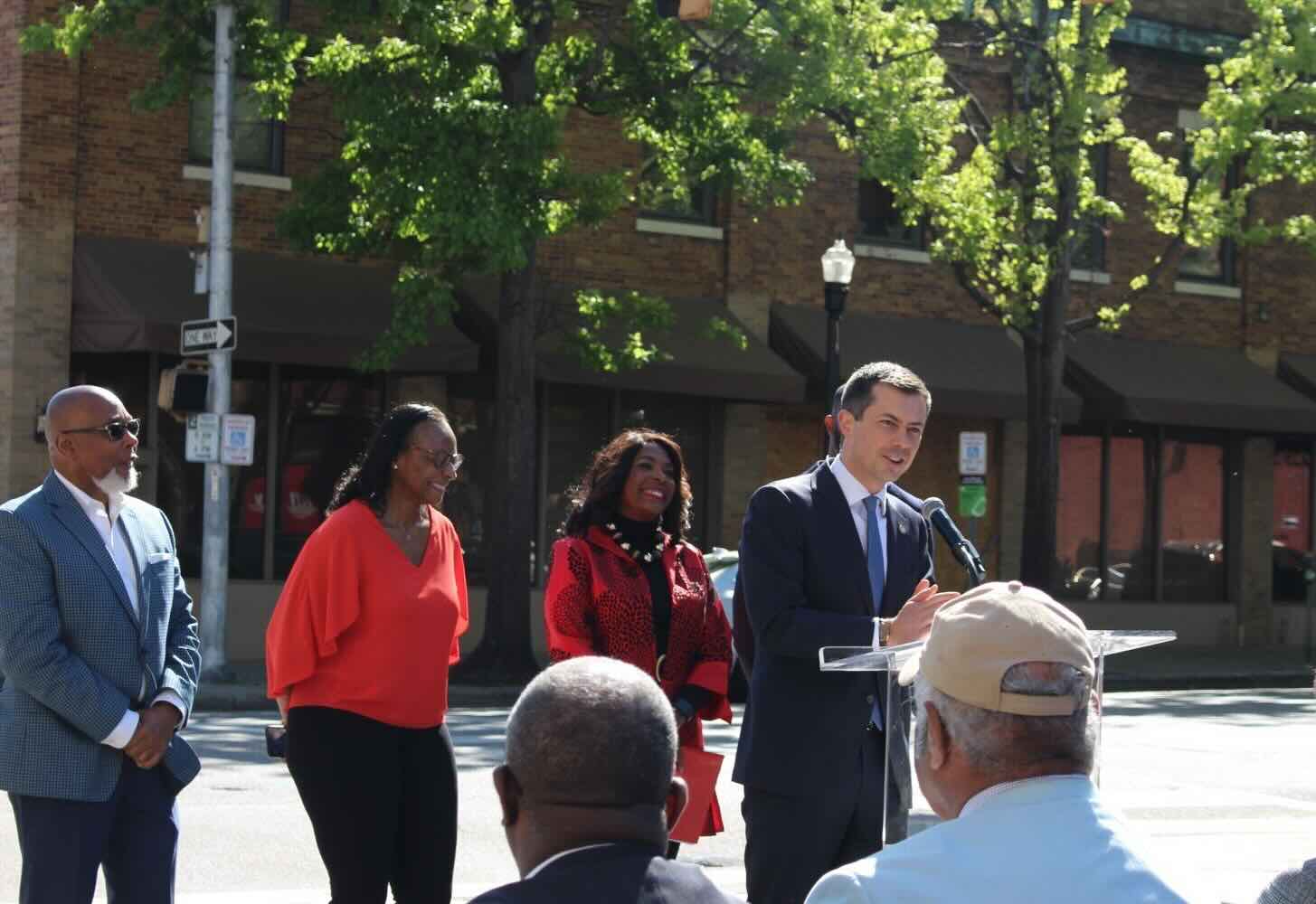ImpactAlpha, March 30 – Regenerative agriculture can lock away carbon in soil and help build more resilient food systems. Yet the cost of transitioning to regenerative practices, which include reduced tilling, the use of cover crops and organic fertilizers, can be an obstacle for farmers.
Copenhagen-based Agreena has worked with farmers across Europe to transition more than 600,000 hectares (1.5 million acres) and help them generate new revenue streams by selling verified soil carbon credits.
“Agreena is building out technological and financial services infrastructure throughout the agriculture value chain as the industry increasingly becomes a focal point for decarbonization efforts,” says CEO Simon Haldrup.
The company’s €46 million Series B round was led by Germany’s HV Capital, with impact fund AENU and New York-based fintech investor Anthemis.
Carbon removal
Carbon credits have come under fire for lax standards that can lead to greenwashing. A key issue for soil carbon is permanence: once soil is tilled or disturbed, the stored carbon is released.
Agreena inks 10-year contracts with farmers, and is working on incentives to encourage permanence once they have fully transitioned, Haldrup told ImpactAlpha. The company also maintains a buffer to absorb any potential carbon losses.
Agreena last year acquired UK-based Hummingbird Technologies, a maker of satellite monitoring, reporting and verification systems.
“As the just released [Intergovernmental Panel on Climate Change] report identifies, carbon farming is the most scalable impact driver of removals and climate mitigation that we can do,” Haldrup said, “and it can be immediately implemented.” Increasingly, companies such as PepsiCo are investing in regenerative agriculture to help green their supply chains and meet net zero goals.
Carbon price
Companies such as PepsiCo are investing in regenerative agriculture to help green their supply chains and meet net zero goals. But prices for carbon soil credits are still low.
As the focus of net zero efforts shifts to carbon removal, “the price of removals is going to hit an inflection point,” says Haldrup. “That’s when we’ll see mass adoption among farmers.”











